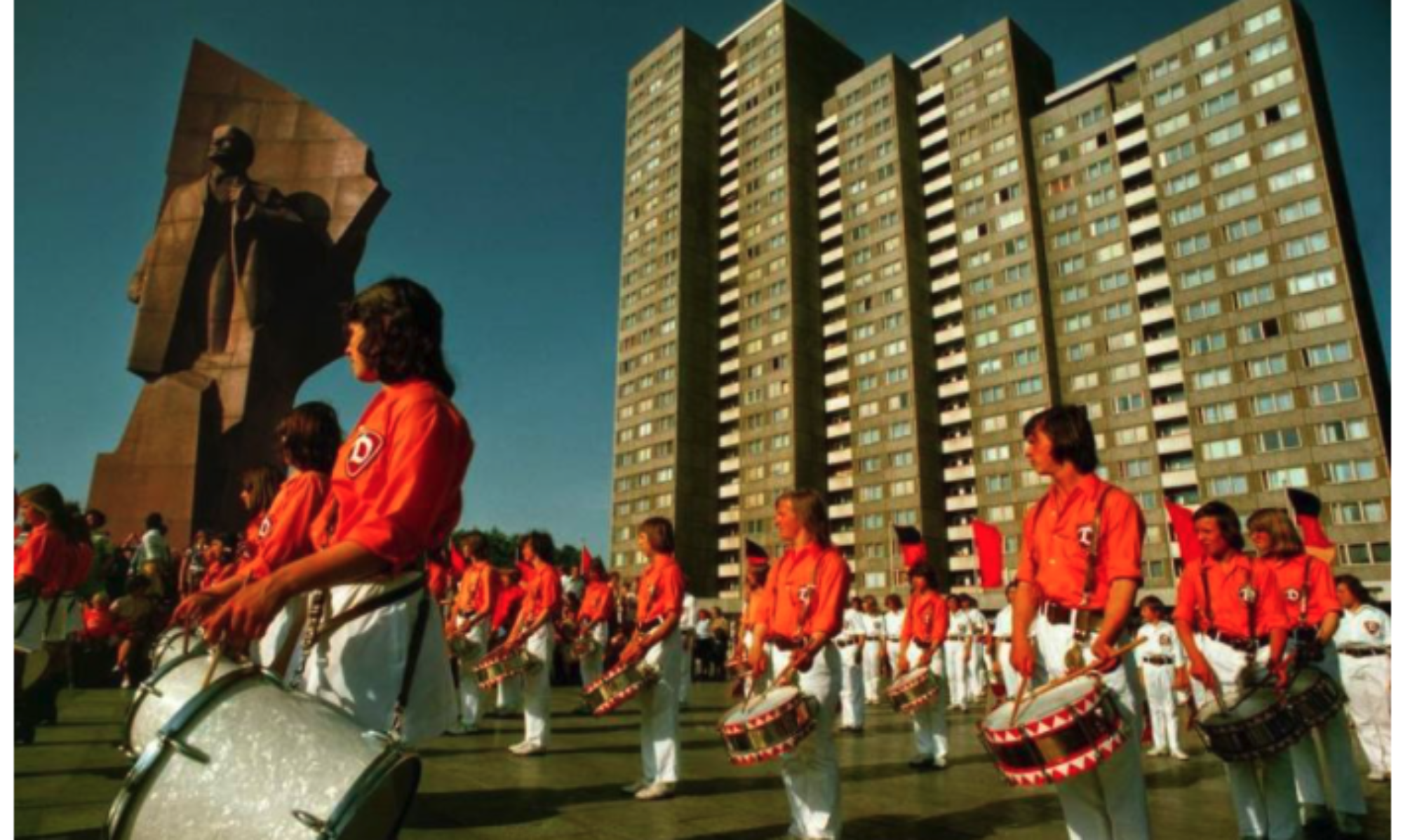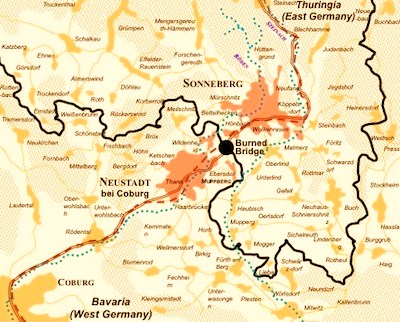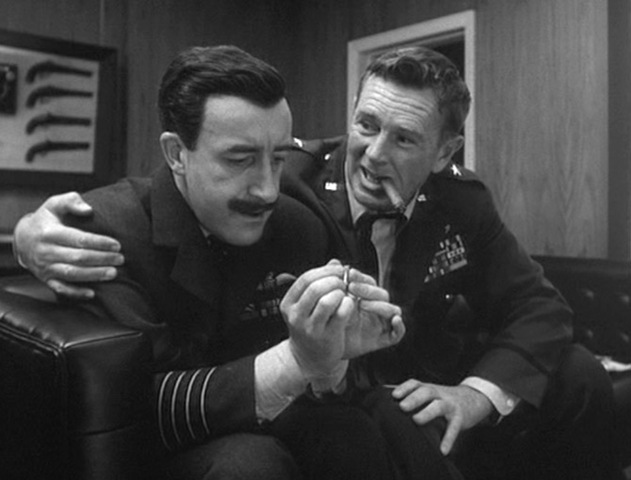On the second page of Havel’s New Year’s Address, he states:
“The previous regime – armed with its arrogant and intolerant ideology –
reduced man to a force of production, and nature to a tool of production.
In this it attacked both their very substance and their mutual relationship.
It reduced gifted and autonomous people, skillfully working in their own
country, to the nuts and bolts of some monstrously huge, noisy and
stinking machine, whose real meaning was not clear to anyone. It could
not do more than slowly but inexorably wear out itself and all its nuts and
bolts.”
I believe that Havel’s analogy is quite brilliant and suites his point nicely. The Soviet Union and the Warsaw Pact nations are criticized quite extensively through its usage, and it made me think of the downfall of the USSR opposed to these other countries. Nations like Czechoslovakia were regaining their freedoms and ability to contribute without an overarching power either preventing it or somehow taking credit itself. But how did these other stakes feel about the entire machine falling apart as the nuts and bolts became looser and looser one by one? How did its leaders contribute to its failures? What were the shortcomings of how this machine was maintained and utilized its nuts and bolts? And perhaps most importantly, did the noise of the entire machine deafen the noise some of its more important parts were making?


